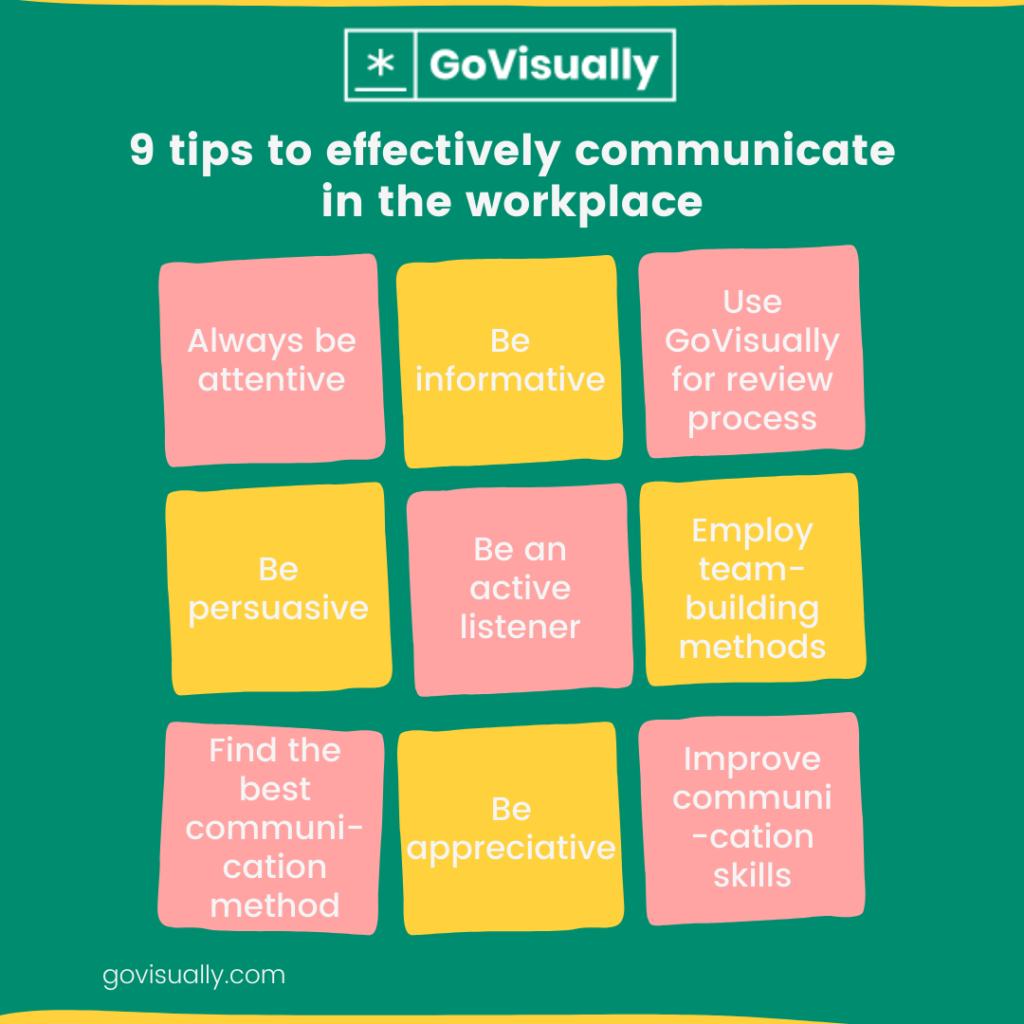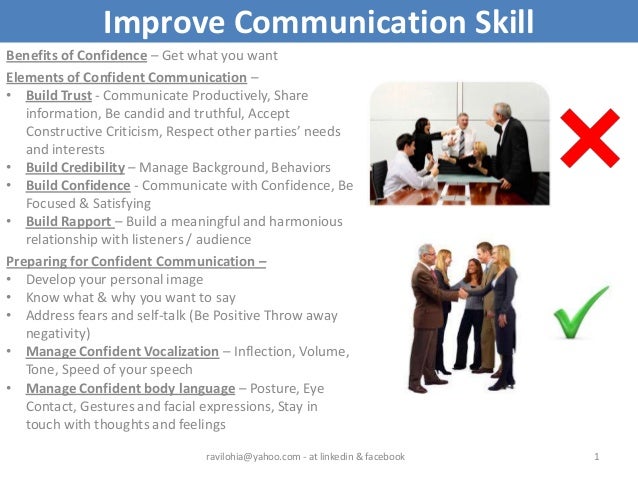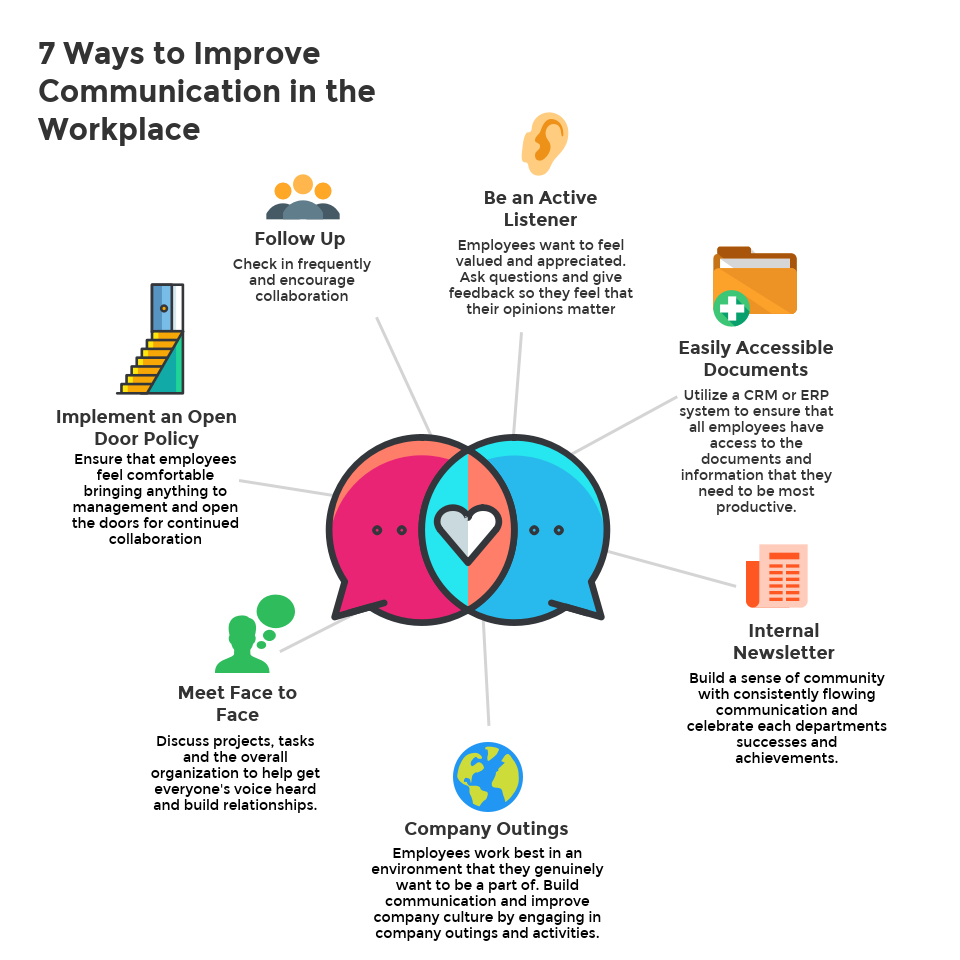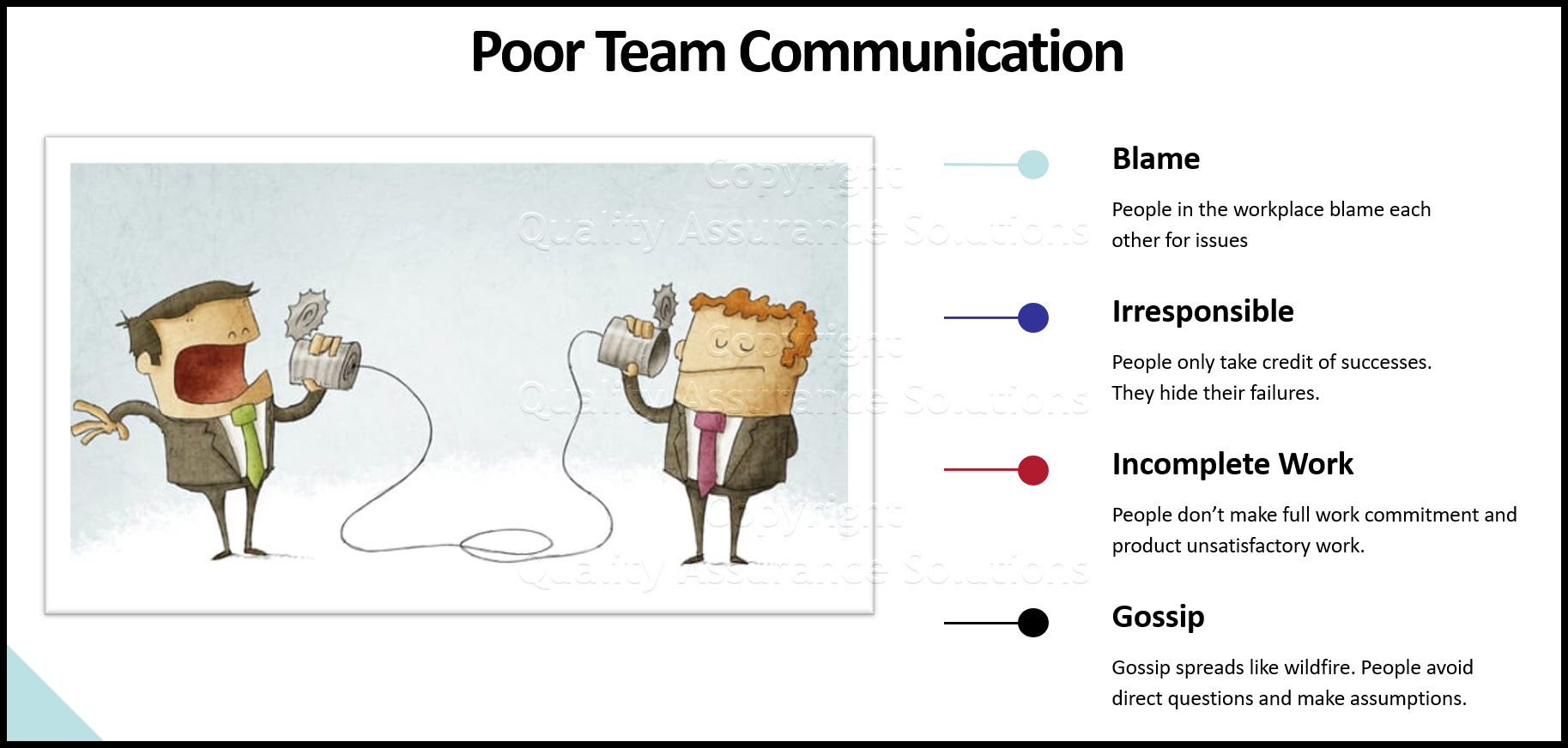How To Tell An Employee They Need To Improve Communication

The midday sun streamed through the office window, illuminating dust motes dancing in the air. Sarah, a usually upbeat team lead, sat across from Mark, a software developer known for his brilliant code but less-than-stellar communication skills. She took a deep breath, the carefully crafted words of feedback weighing heavily on her mind. How could she help Mark shine even brighter, not just as a coder, but as a vital member of the team?
Navigating conversations about communication skills can be delicate, but are essential for a thriving workplace. The key is to approach the discussion with empathy, clarity, and a focus on growth, transforming potential friction into an opportunity for development.
Why Communication Matters
Effective communication isn't just about being eloquent; it's about ensuring shared understanding. In today's interconnected workplaces, clear and concise communication is the lifeblood of collaboration and productivity.
When team members struggle to articulate their ideas, listen actively, or provide constructive feedback, misunderstandings arise, projects stall, and morale can suffer.
According to a study by Project Management Institute (PMI), poor communication is a contributing factor in more than half of failed projects.
Identifying the Communication Gap
Before addressing an employee, it's crucial to pinpoint the specific areas needing improvement. Is it written communication, verbal clarity, active listening, or responsiveness?
Documenting specific examples of communication challenges can provide a solid foundation for the conversation. Instead of saying "Your emails are confusing," try "In the email regarding the server update on July 12th, the instructions were unclear to several team members."
This approach avoids ambiguity and provides concrete areas for improvement.
The Conversation: A Roadmap
Setting the stage is paramount. Choose a private, neutral setting for the conversation. Begin by acknowledging the employee's strengths and contributions to the team, setting a positive tone.
Frame the feedback as an opportunity for growth, emphasizing how improved communication skills can benefit the employee's career trajectory and the team's overall success.
Consider starting with something like, "Mark, your coding skills are invaluable to us. I want to discuss how we can work together to further enhance your role by improving your communication within the team."
Giving Constructive Feedback
Use the SBI (Situation-Behavior-Impact) feedback model to deliver your message clearly and effectively. Describe the specific situation, the behavior you observed, and the impact it had.
For example, "During yesterday's team meeting (Situation), when Sarah asked for clarification on the design specifications (Behavior), you responded dismissively and didn't fully explain your rationale (Behavior). This made Sarah feel hesitant to ask questions, which can hinder team progress (Impact)."
This direct, non-judgmental approach helps the employee understand the consequences of their communication style.
Active Listening and Collaboration
Encourage the employee to share their perspective and actively listen to their concerns. There may be underlying reasons for their communication challenges, such as anxiety, cultural differences, or a lack of confidence.
Collaboratively develop a plan for improvement, which may include communication training, mentorship, or role-playing scenarios. Resources like online courses, Toastmasters International, or internal workshops can be valuable tools.
Establish clear, measurable goals and set regular check-ins to monitor progress and provide ongoing support.
Follow-Up and Support
The conversation shouldn't be a one-time event. Consistent follow-up is crucial to ensure the employee is making progress and receives the necessary support.
Offer regular feedback, both positive and constructive, and celebrate small victories along the way. Create a supportive environment where open communication is valued and encouraged.
Remember, improving communication skills is a journey, not a destination. Your role is to guide and support your employee along that journey, helping them unlock their full potential.
As Sarah began to speak, she focused on Mark's strengths and the potential he held. By fostering open dialogue and offering resources, she hoped to empower him to not just write code, but to communicate with clarity and confidence, ultimately enriching both his career and the team's dynamics. The sunlight continued to stream in, perhaps a little brighter now, reflecting the promise of growth and improved collaboration.


















